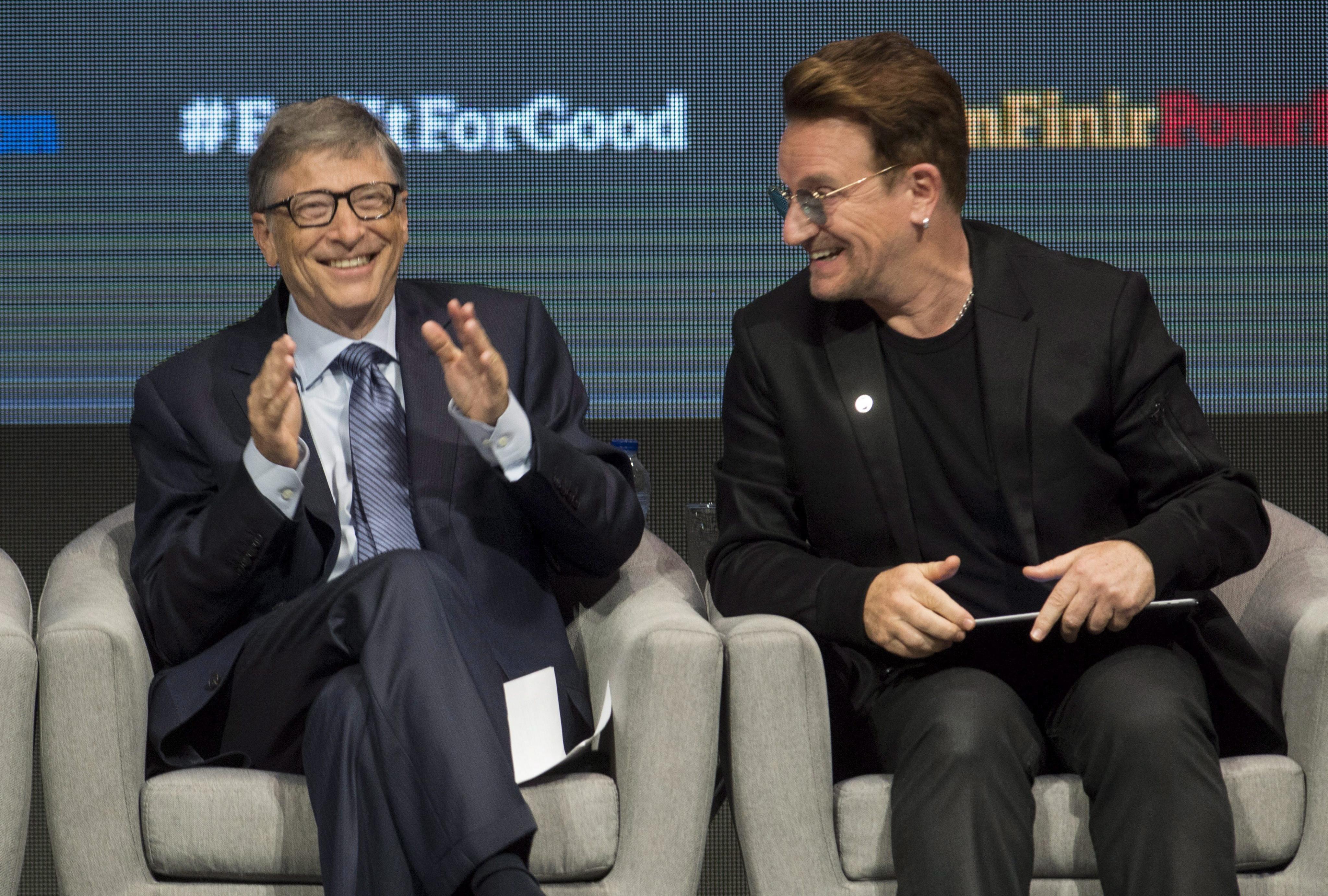Global Governance
A paradigm change at the IMF?

Complete equality of income and wealth is neither achievable nor desirable. However, extreme inequality is unhealthy for several reasons:
- It jeopardises moral equality and thus undermines democratic principles (“all people are created equal”). Greater economic inequality, moreover, implies less equality of opportunities. Equal access to schools, the judiciary and other nominally public goods may not be guaranteed anymore. The more a country is stratified, the stronger extremist movements become, as the rise of populist leaders in the USA and other countries shows.
- Pronounced economic inequality may cause macroeconomic imbalances that, in turn, may harm the global macroeconomic system. This is the case when a country excessively relies on credits to pay for consumption, as is typical of the USA, or when a country exports excessively, as China and Germany do.
For a long time, however, the policymakers of most industrialised countries did not consider inequality a pressing issue. To some extent, the reason for this was that their countries’ middle classes were large and prosperous. With the rise of the neoliberal era governments increasingly adopted market-radical approaches, and so did the International Monetary Fund (IMF) and the World Bank.
The IMF and the Bank argued that abolishing trade barriers, liberalising financial markets and opening economies would unleash market forces and lead to more efficient resource allocation and growing prosperity (“Washington Consensus”). Today, it is widely appreciated that this approach has failed.
The IMF basically used a “one-size-fits-all” approach, often in neglect of important country specifics. Moreover, it failed to consider how the benefits of growth might be shared. Though IMF research showed at the time that income inequality can be a drag on growth, reducing inequality was not among the Fund’s goals. In retrospect, this was perhaps the most important failure.
In the new millennium, the IMF began to reassess its past performance. A new era began when Olivier Blanchard became its chief economist in 2008. During his tenure, IMF research challenged orthodox policy prescriptions. His team insisted that a government’s deficit spending must boost weak aggregate demand during recessions (see Fernando Cardim de Carvalho in D+C/e+Z e-Paper 2016/03). The IMF published various self-critical studies. Maurice Obstfeld, its current chief economist, shares many of Blanchard’s views.
Recent IMF studies argue that income inequality, private-sector indebtedness and financial instability are linked phenomena. It also thwarts progress towards universal access to education and health, thus the long-term growth potential because people are not as healthy and well trained as they could be. Ultimately, extreme inequality can undermine political stability.
In 2008, the world economy was on the brink of a second Great Depression, which was then averted by deficit spending in major economies. Nonetheless, the crisis had important distributional impacts. Unemployment, especially of low-skilled workers, soared in an unprecedented manner, and income gaps grew accordingly. Once depression no longer loomed, however, strict austerity set in. The idea was to reduce government debt once more, but the policy particularly hurt those at the lower end of the income scale.
The big question is whether the IMF’s new intellectual interest in reducing inequality will translate into a different policy approach in future renegotiations of government debt. Its rhetoric has certainly changed. That makes sense in view of the current zeitgeist and the visibility of grassroots movements such as Occupy Wall Street, the indignados movement in Spain (from which the left-wing party PODEMOS emerged) or the rise of extremist right-wing populism. That the IMF management has been insisting on debt relief for Greece since the summer of 2015 may be a sign of a real paradigm shift. On the other hand, it has close ties to the financial sector and is dominated by the established economic powers, so it may still prove to be inherently conservative.
Christian R. Proaño is an economics professor at Otto-Friedrich-Universität Bamberg.
christian.proano@uni-bamberg.de













